Since the world saw Luigi Mangione’s unmasked face, memes began to spread around his looks, and campaigns for his freedom took the internet by storm.
Photos of Mangione, who was identified and charged in the murder of UnitedHealthcare Chief Executive Brian Thompson, can be found all over social media. One commentator compared this flood of pictures to an “endless photo shoot.”
Ruth DeFoster, an assistant professor at the University of Minnesota’s Hubbard School of Journalism and Mass Communication, said this fascination and glorification of crime and criminals is nothing new.
“Luigi Mangione is a murderer, but we built up this mythos around him and made him stand in for ways we all wish to push back against the system,” DeFoster said.
White criminals are often the ones who are celebrated, DeFoster said.
“If Luigi Mangione were Latin, if he were Black, I do not think that we would be seeing the level of support and romanticization that we are seeing with him,” DeFoster said.
When a white man commits a crime, people often say he was misunderstood, bullied or pushed, DeFoster said.
DeFoster sees an overlap between this case and the general true crime community since consumers of this content tend to be mostly female. She said the resolution evident in many of these cases gives women a sense of control in a scary world.
“Even though real life is full of uncertainty and ambiguity, in the true crime landscape, there is a lot of certainty, and I think that is really appealing to women,” DeFoster said.
There is an overlap with this particular case where the audience is primarily female and the assassin is a conventionally attractive white male, which creates a perfect storm, DeFoster said.
Laurie Ouellette, a professor of communication studies, cultural studies and comparative literature at the University, said especially with interactive digital media, people feel they are no longer just watching but can actually become a part of these crime stories.
“There is a way that social media allows people to be a kind of jury outside of the usual parameters or rules of the legal system,” Ouellette said. “For some people, it can be an opening up for the operation of power and decision-making.”
Ouellette said the media also played a role in specifically stereotyping Black men so that in many people’s minds, they are already criminals, with this systematic stereotyping often not getting much attention.
“In these cases, I think there is something in the whiteness of all these young men that seems important,” Ouellette said. “They transcend the way the media usually represents criminals, and there is a glamour factor.”
Ouellette said there are often broader cultural and political reasons people become so passionate about some of these cases, often because they tap into some kind of tension.
The case of the Menendez Brothers, for example, where sexual abuse is involved, taps into the idea of people wanting to make a difference or feeling like something is unjust, which can get complicated, Ouellette said.
DeFoster said a lot of people feel what Mangione did was justice, which makes them feel his actions were valid.
“He has taken this drastic action, but he has taken it to ostensibly mitigate a problem that a lot of people have,” DeFoster said. “That is why in addition to all of the other reasons, there has been a lot of this sympathy for him.”
DeFoster added there is a larger constellation of factors in these systemic institutional inequalities Americans feel helpless about, which are especially represented in this particular case.
Erika Heil, a third-year student studying forensic psychology, said often when criminals are white, conventionally attractive or have a lot of money or power, people feel as though they did not do anything wrong.
“I think people construe their perception on the case itself just because of how they perceive the person who committed the crime to be,” Heil said. “They construe their belief on if this person is guilty or not because of their looks, their wealth or whatever power aspect there may be.”
DeFoster said the immense popularity Mangione has gained on social media may have an effect on his criminal case because it may be more difficult to find an unbiased jury.
“I think this is a unique case because he sort of tapped into a cultural zeitgeist of weariness around our extremely exploitative healthcare system,” DeFoster said. ”Mangione has become sort of a folk hero, despite being someone who murdered another human being.”


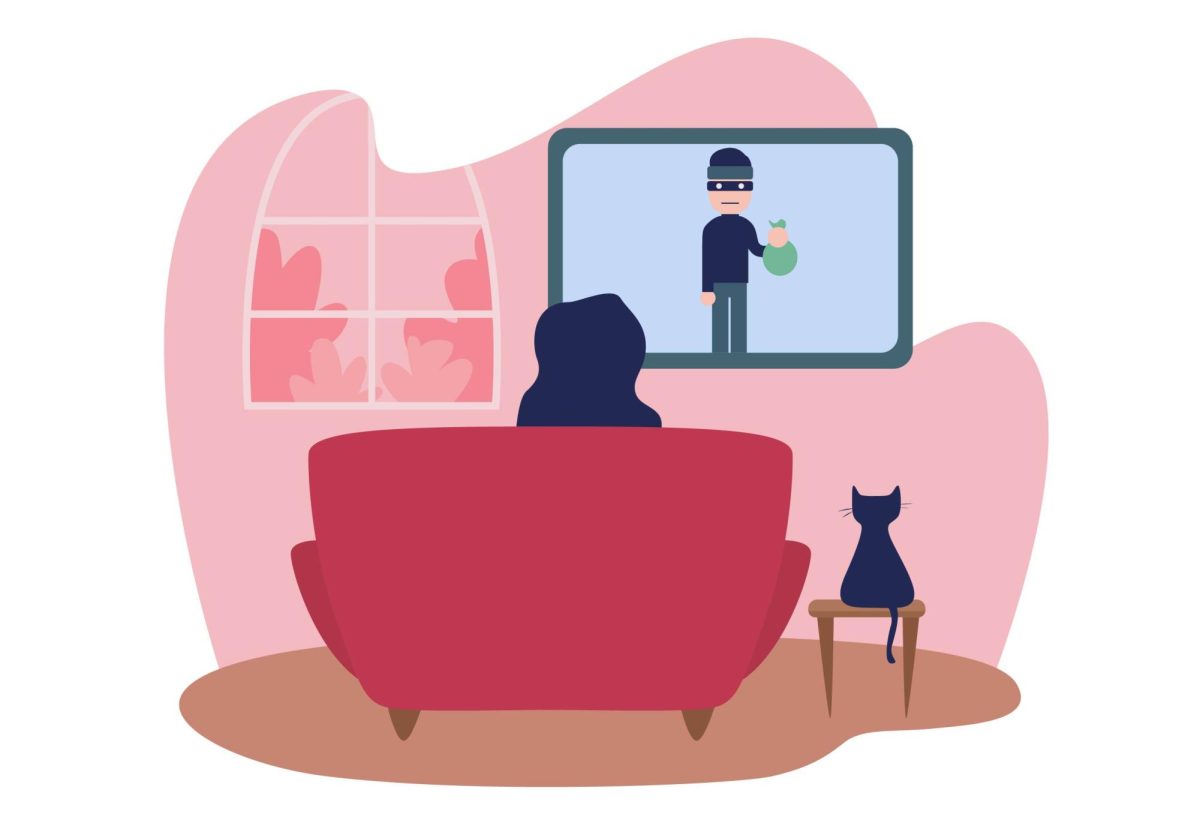



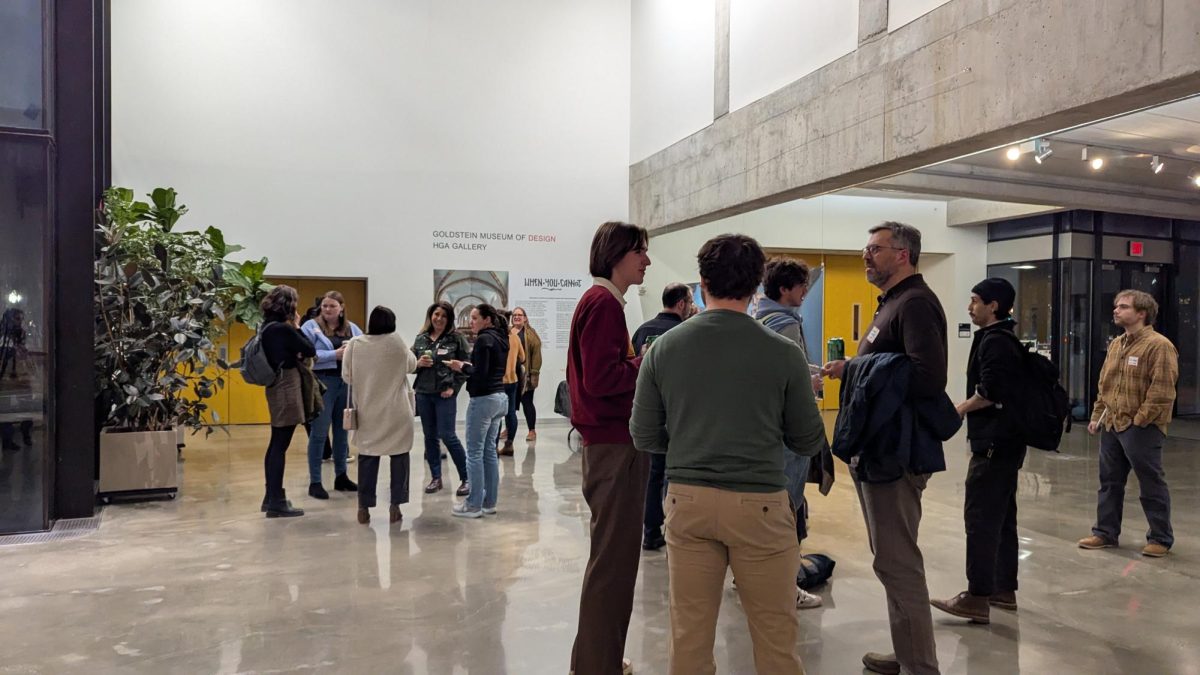
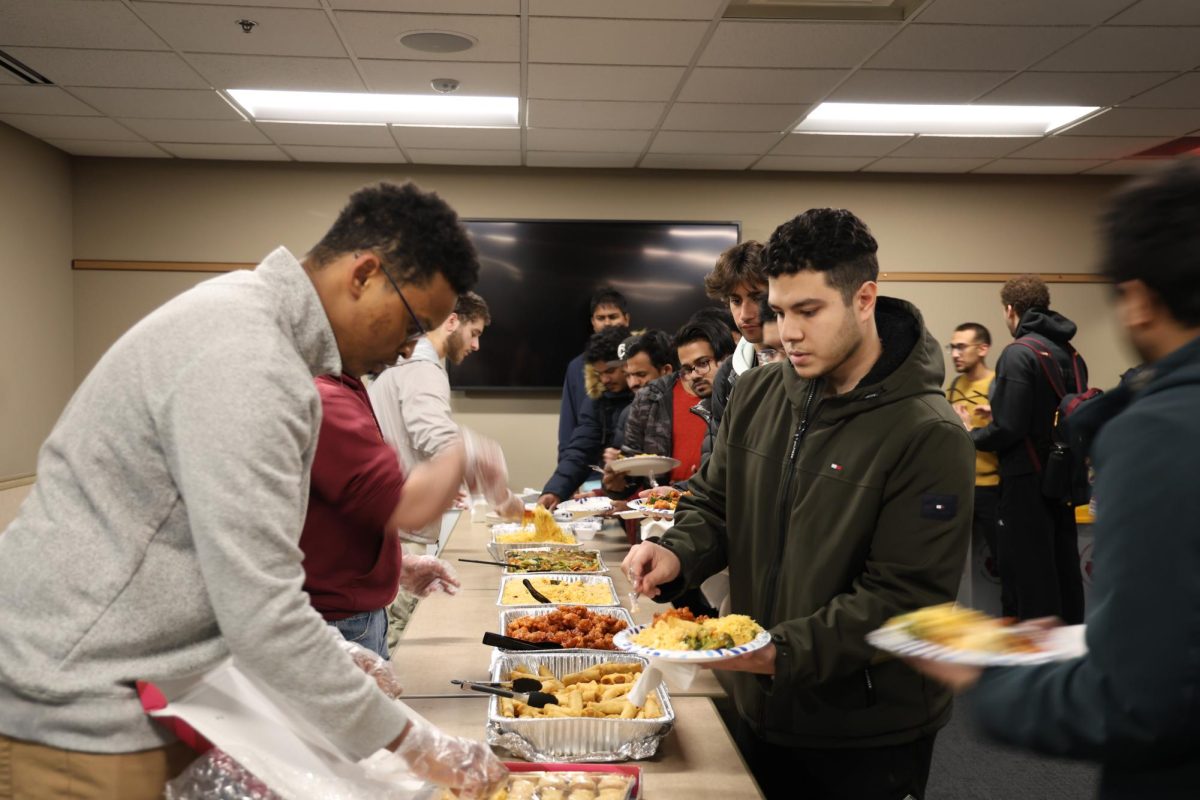

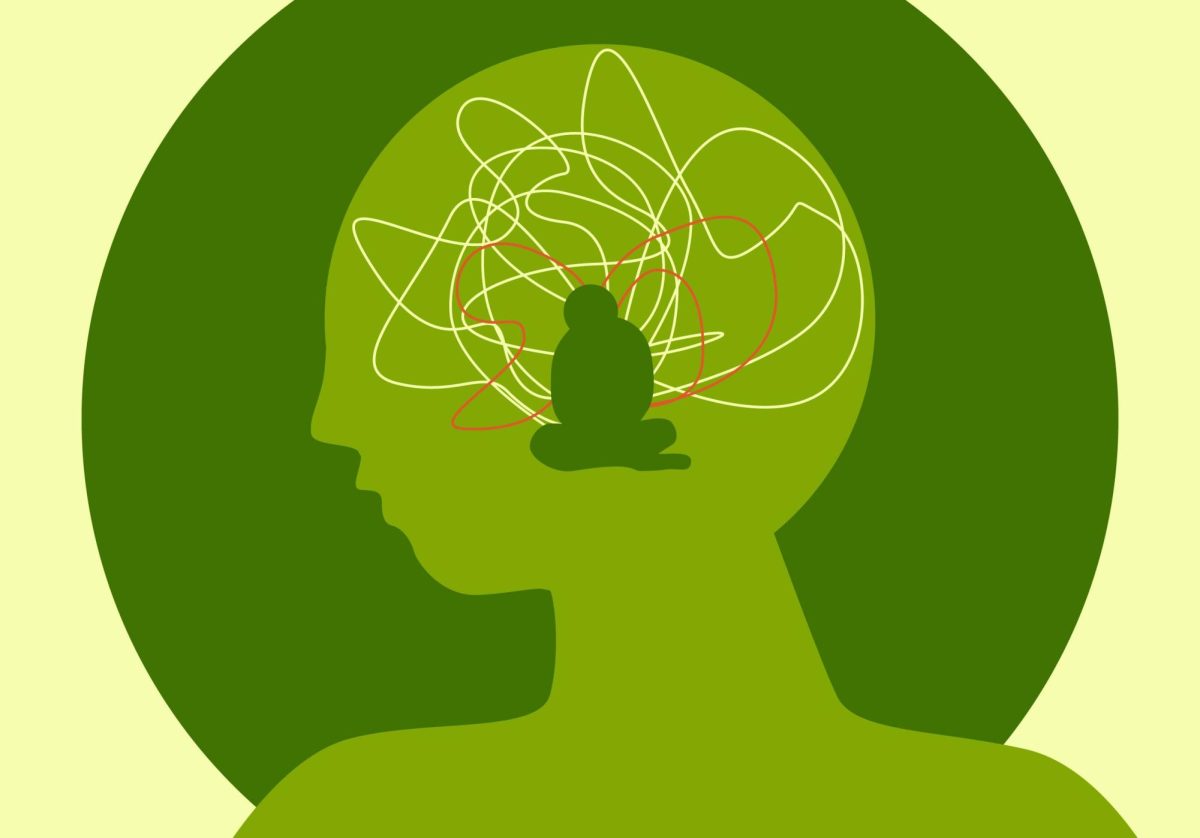


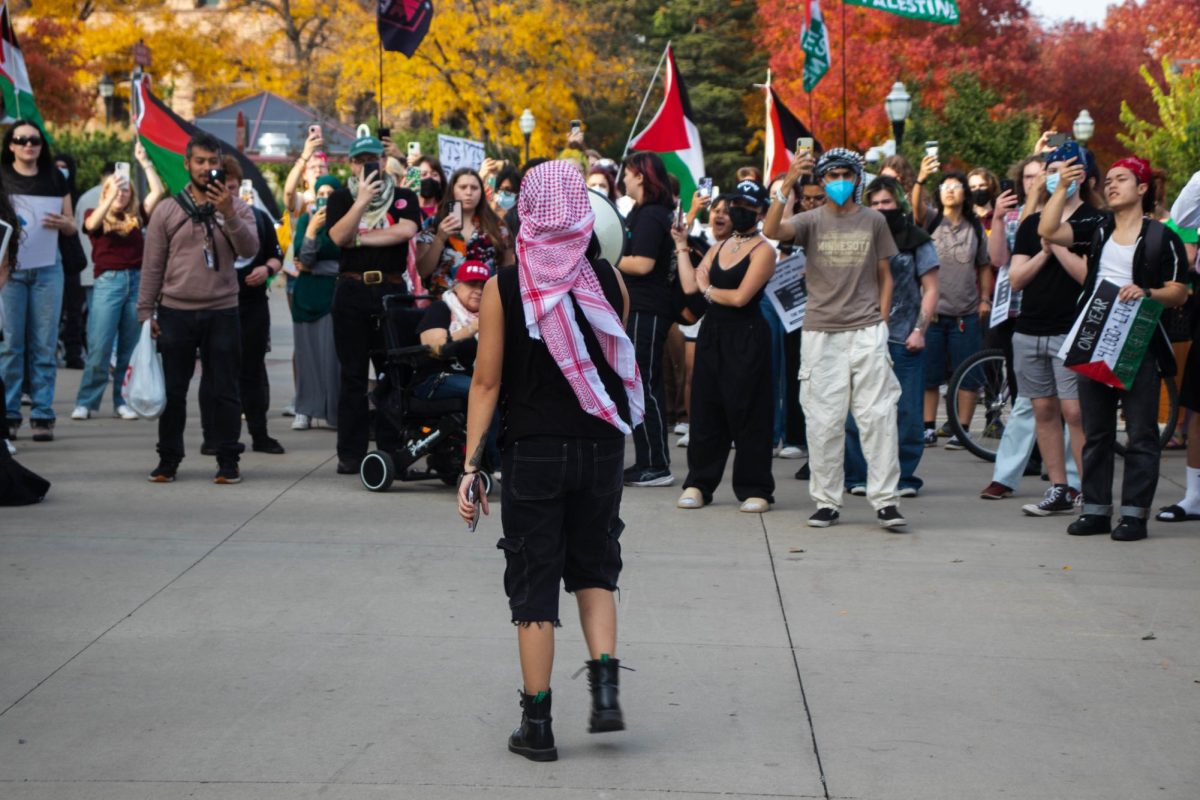
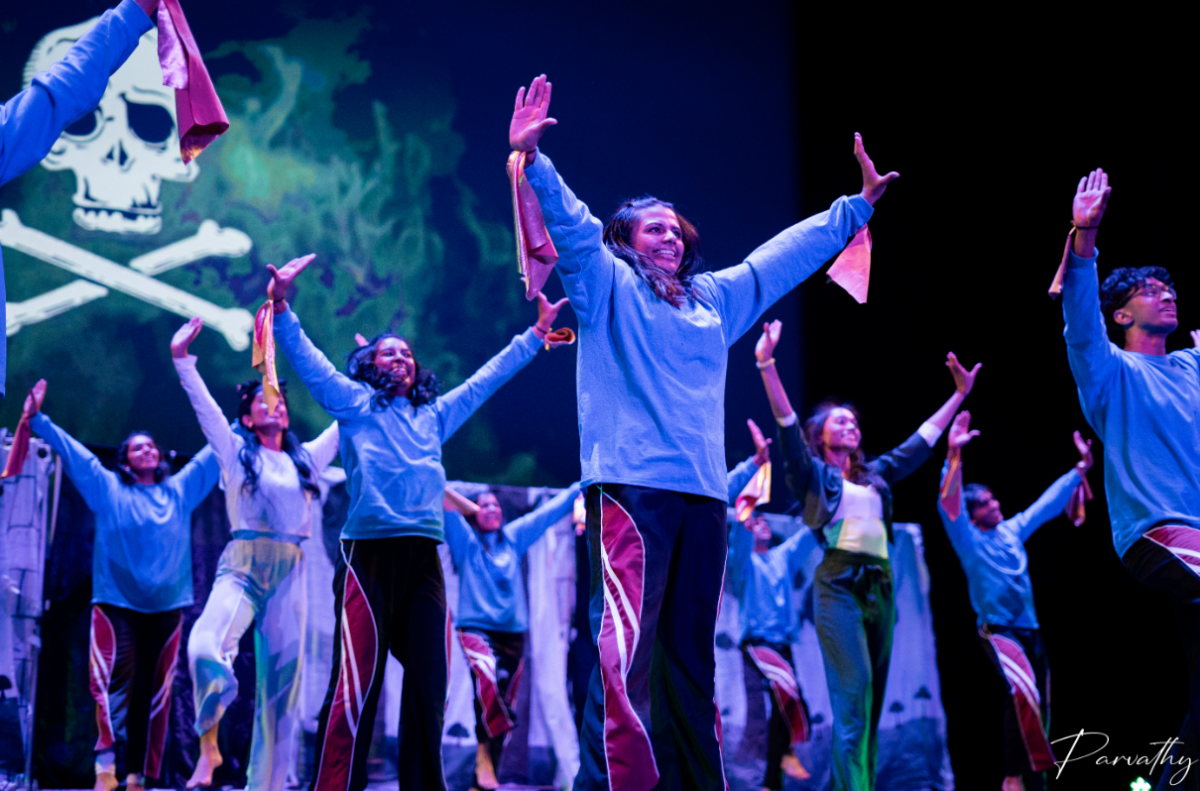


TA
Jan 22, 2025 at 1:26 pm
Everything is about race. Always.
There is never any other explanation for anything other than white people being racist. What a cool ideology.
Jesus
Dec 20, 2024 at 7:59 pm
It has nothing to do with his race and everything to do with who he killed – a billionaire who profited off human suffering.